Jen Hyatt is many things.
She’s a writer, performer and activist.
But through everything she’s done, there runs a passion for social justice.
Jen, 64, recently featured in the property pages of The Courier.
She and her wife Sharon put the house they share with their kids, Kate and Finn, up for sale in Kingsbarns.
The couple have reluctantly decided to put their Bells Wynd house on the market as Jen builds out her creative base, and Finn is going to a new school, in Edinburgh.
Now, in a follow-up interview to find out more about her career, Jen reveals her concerns that many things are “turning backwards not forwards” when it comes to social justice.
She’s particularly concerned about the role of women in society and the fact that “poverty is destroying millions of lives”.
Why should 14 million people go hungry every day in the UK?
“One of the reasons I recently made the Trussell Trust the beneficiary of my children’s book is their work with food banks – 14 million people go hungry in this country every single day,” she said.
“And yet you’ve still got this tiny percentage of people who have so much.
“I guess I was one of those people who hoped technology would really change the way that resources are distributed and the opportunities people had.
“But sadly I think we’ve seen a lot of the top tech entrepreneurs make the situation worse.”
What has Jen Hyatt done over the years to try and improve social justice?
Throughout her career, Jen has created more than 30 social purpose organisations, including a digital mental health organisation that has raised over £20 million.
She’s received numerous honours and awards including NatWest Everywoman Iris Award, Schwab Social Entrepreneur of the Year, Clinique Red Woman of the Year, the Guardian Public Service Award, Innovator of the Year for Women in IT, Digital Entrepreneur Award and Freeman of London.
She has penned novels, short stories, screenplays, children’s books and poetry.
This summer saw her perform an acclaimed one-woman comedy show at the Edinburgh Fringe.
Her work for social justice has spanned 35 countries across five continents.
But when she reflects on her personal experiences, she’s clear being born into a working class family in rural Dorset shaped her outlook on life.
How have Jen’s parents’ struggles impacted on her own life?
“My dad was a farm worker,” she said.
“My mum was a girl from the Birmingham slums.
“She was a bright woman.
“Her only dream was to become a teacher, but she had to leave school at 14 to start work in a telephone exchange.
“She didn’t have the opportunities.”
Jen explained such experiences forged her wish to ‘live life well’ – as did the death of talented friend Alan from a similar working class background who, tragically, died young in a car crash.
People like her mum and Alan underlie her work to support other people who are talented but have very few opportunities because of their class.
She’s also wanted to help people like her father.
“This was a much more difficult one for me,” she said, “because he was an alcoholic and a prescribed user of tranquilisers.
“I suppose in a different era, something like the digital mental health service I created would have been something that helped him a great deal.”
What was it like for Jen Hyatt studying at Liverpool University?
Describing herself as a “kid between classes” as she did well at school, Jen explained how she and two of her three brothers were the first generation in their family to go into higher education.
She did a first degree at Liverpool University in economic and social history.
It was an “absolutely fascinating” and “vibrant” time to be in the city with Beat-influenced poets like Roger McGough reciting their work in local venues, and actors like Julie Waters at the Everyman theatre.
“Culturally it was such a rich time”, she said.
Jen recalls how she was politically active from young, joining CND and the Anti-Apartheid movement.
After a year working in a London warehouse after her degree, she got a scholarship to do a masters in social research methods at Surrey University which took her into her only ever “proper” job.
She worked for four years in what is now the National Centre for Social Research.
Early on, she was a founding member of the Qualitative Research Unit which was “fascinating” and “quite a revolutionary little unit” applying qualitative research methods to social policy and development.
But it also gave her a taste for founding organisations that make a difference because as Jen says: “That was the last job I ever had that I didn’t create for myself!”
At the age of 26, she moved to Italy with her partner at the time, to renovate a house and work on health projects.
Her career since then has mostly focused on social entrepreneurship.
She feels “really fortunate” to have created lots of charities and social enterprises around the world; not least over 15 years in many different countries of Central and Eastern Europe following a trip to Romania in the early 1990s.
How Jen Hyatt ‘smuggled money into the former Yugoslavia’ to take on Milosevic
“I created something called the Development School which ran programmes helping people develop civil society in those countries,” she said.
“I was very involved in the former Yugoslavia. I used to smuggle money in my pockets across the border to support groups that were fighting against people like Milosevic.
“Then I established a foundation out there.
“When the horrors of war came to an end, which was a very gruesome bit of European history, I supported small groups to rebuild their own countries and communities. which has subsequently raised over £25 million.”
Jen said she was “very privileged” to be in countries that were emerging from some of the most difficult and dark places in European history.
In 2006/07, she went through her own dark times with a “bit of a mental health crisis” which led her to looking at how technology could help people with poor mental health.
In 2007, she teamed up with an NHS trust and created the first online support for people experiencing anxiety and depression.
Its offerings included an anonymised peer community, 24/7 counselling support, training courses and ability to use art creatively to express feelings.
She grew that in the UK and took it to contracts in Australia and New Zealand, then re-headquartered it into New York.
Now away from the project which continues to flourish, she cites it as an example of why she’s “more of a creator and a grower than a manager”.
‘I don’t like to be managed!’, says Jen Hyatt
“To be honest, I’m a sh*te manager – I’d never want to manage myself!” she laughs.
“I don’t like to be managed either! In some senses I’ll describe myself as unemployable because I’ve always had to create my own jobs!
“I don’t like hierarchies. I like working in a very team-based way with people.”
Jen moved on to create a very simple AI chat-bot for teenagers experiencing stress.
Then Covid-19 hit.
For some time her partner Sharon, a Fifer, had been lobbying very strongly to “move back to civilisation – or Scotland as she calls it”.
They had an offer on their house in London.
They were supposed to be staying until the kids finished the end of the school year.
Instead, they rented a car, packed up the whole house, and drove north – living initially in some “strange places”, including a cottage on the shores of Loch Tummel in Perthshire.
What impact did the Covid-19 lockdowns have on Jen Hyatt’s life?
Jen says Covid-19 was undoubtedly a “wake-up call” for lots of people.
Having always been a fiction writer, she decided it was time to start another career.
She was selected for a six month Curtis Brown course to finish a novel.
This year she self-published a children’s book with artist Cassandra Harrison to raise money for the Trussell Trust.
It’s called The King of Kazam.
She describes it as a “modern fairy tale about greed”.
She also did some stand-up comedy and wrote and performed her own one-woman play at the Fringe called A Multitude of Sins.
She’s now in the process of turning that into a three Act comedy play – again a commentary on the “attitudes which in my view are causing us massive social problems in the world”.
What else is Jen working on?
She’s also trying to finish off a couple of books – and “generally keep out of trouble”!
She added: “I care a great deal about the world in which we live and I suppose social justice has been the big part of everything I’ve done.
“But I also care about environmental issues.
“The future is not fossil fuels. I’ve got two kids.
“I think we have to take better care of the world that we’ve got.
“Anything I suppose that enables us to live from nature in a good way and in harmony with nature is certainly part of something I care about.”
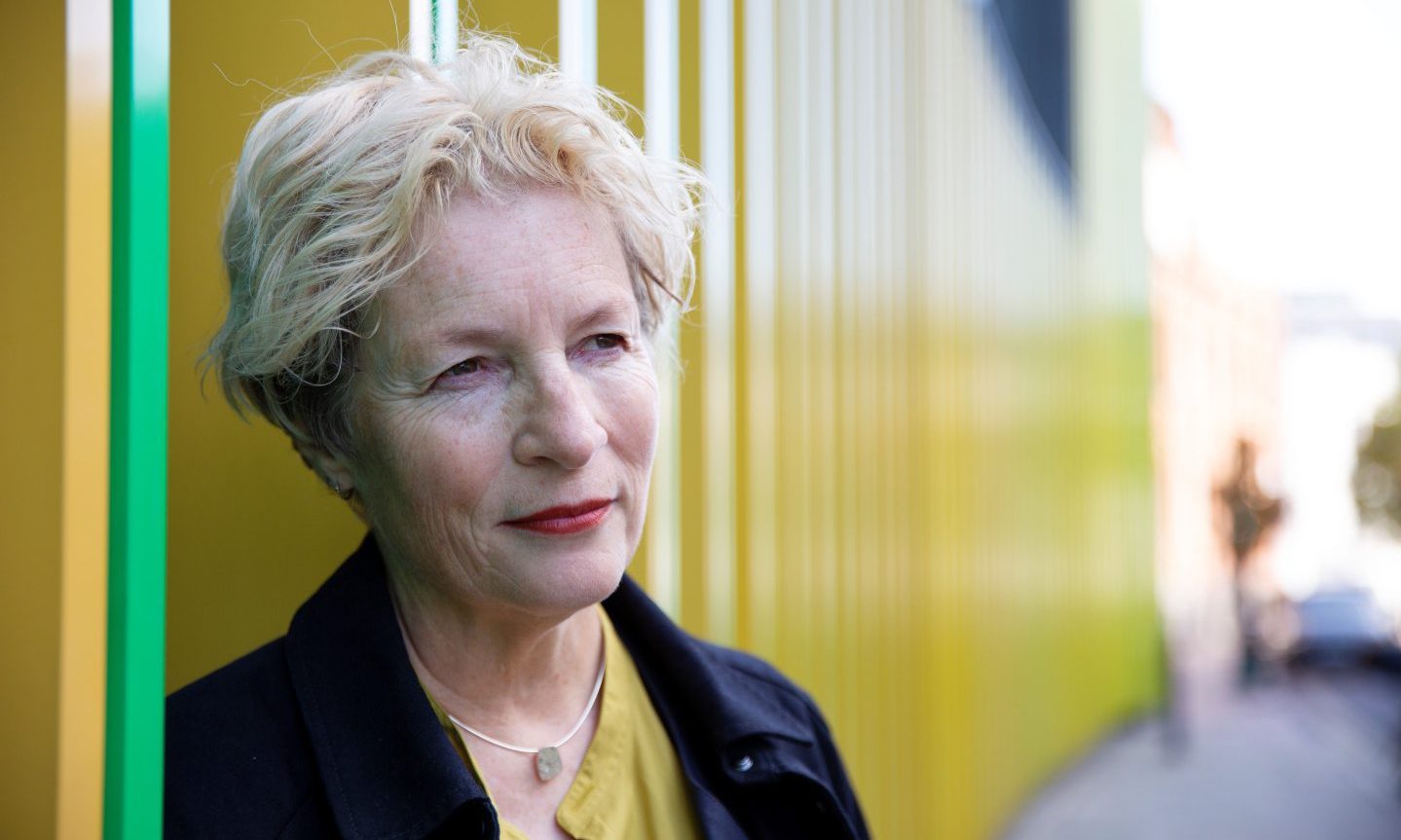
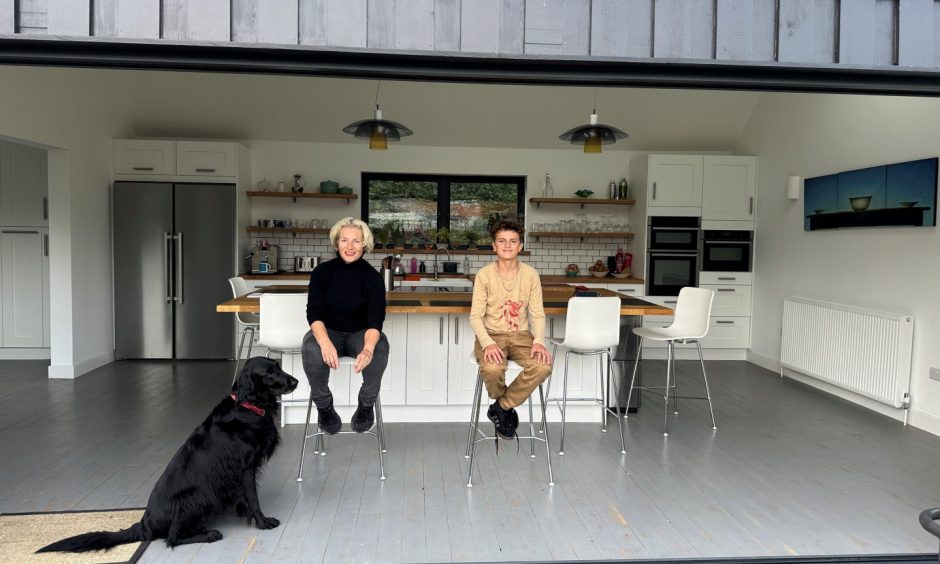
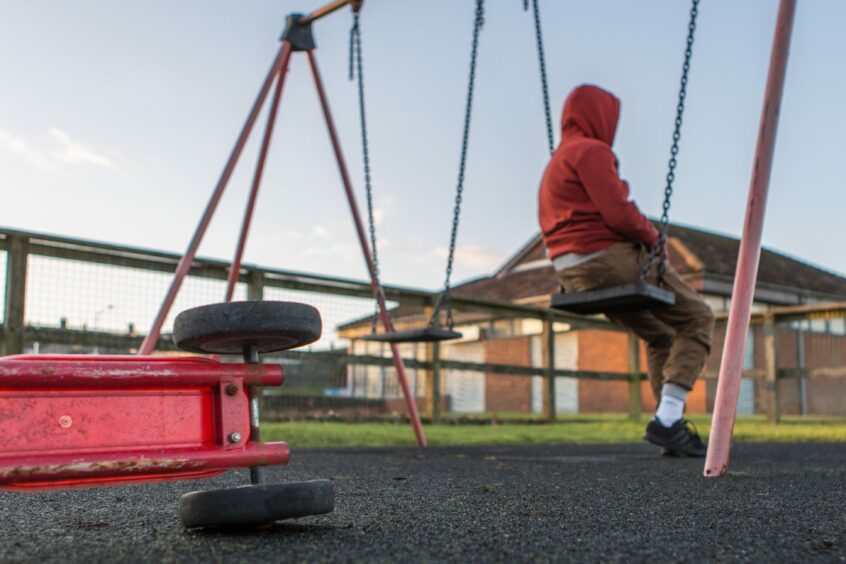
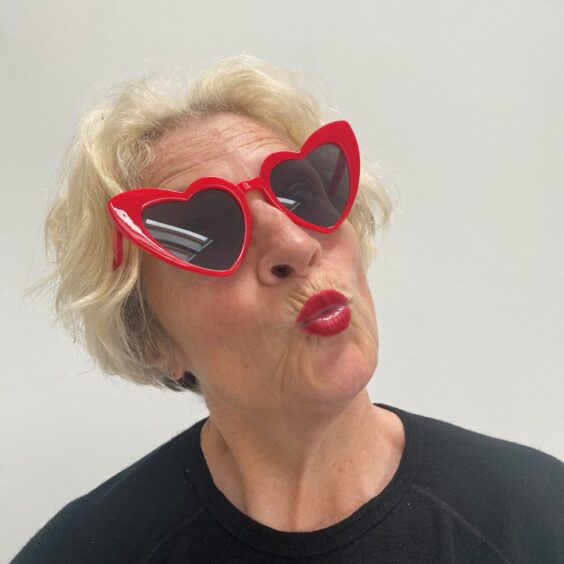
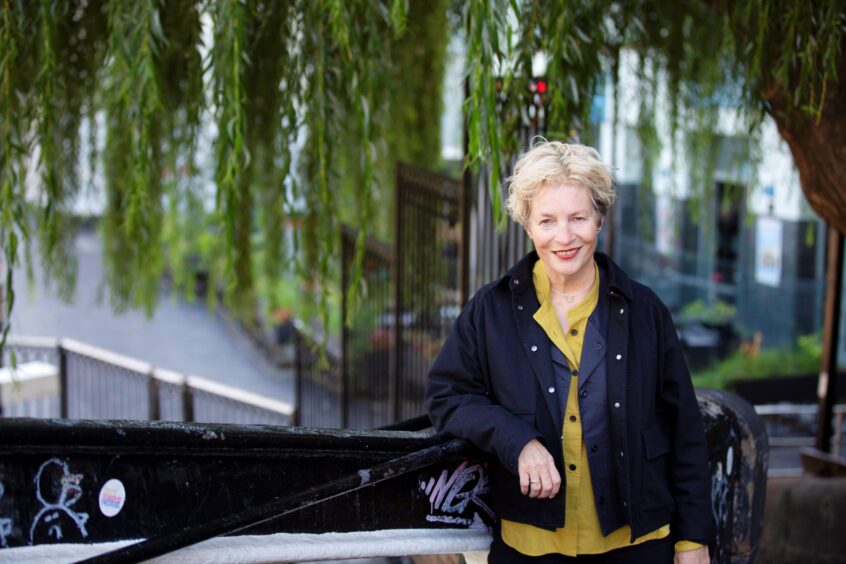
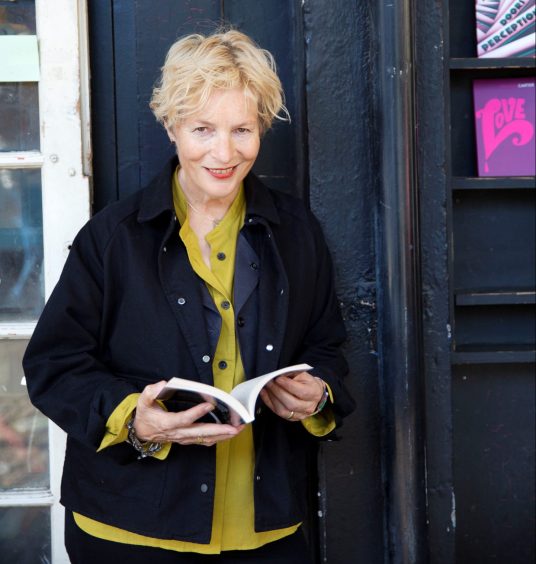

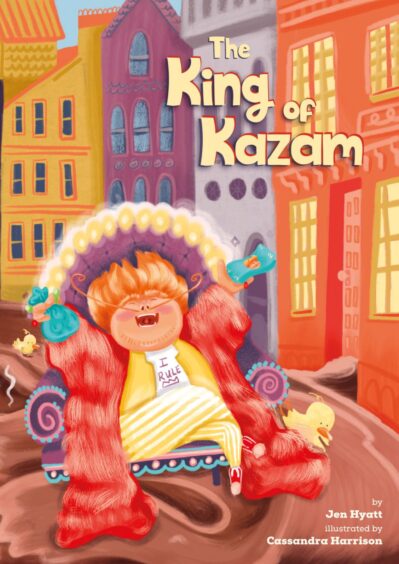
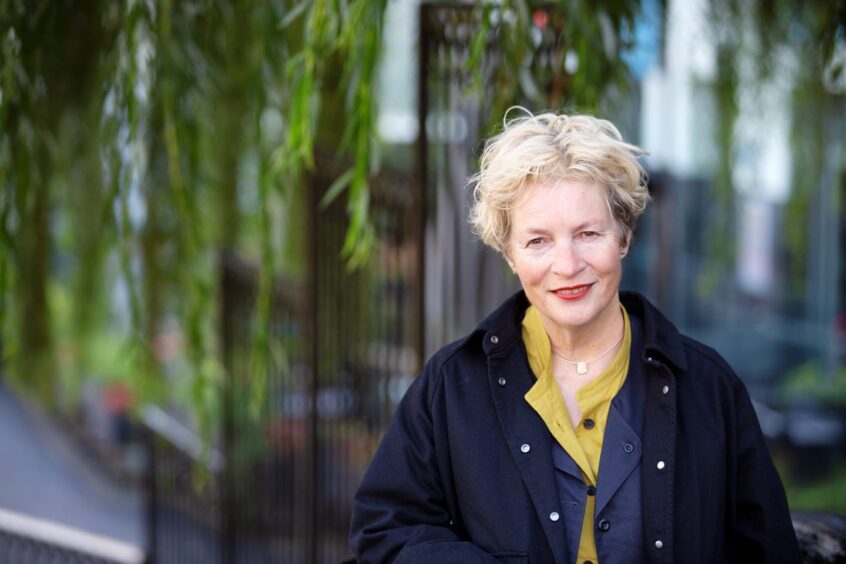
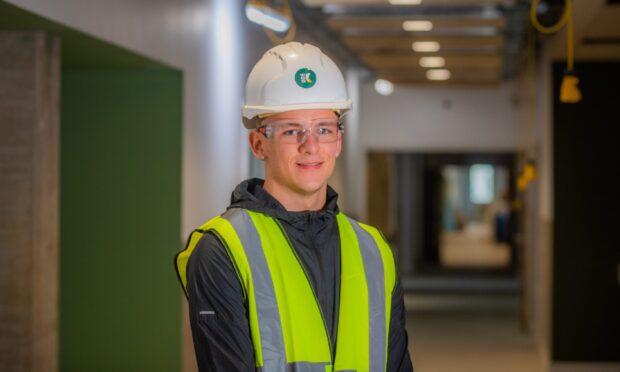





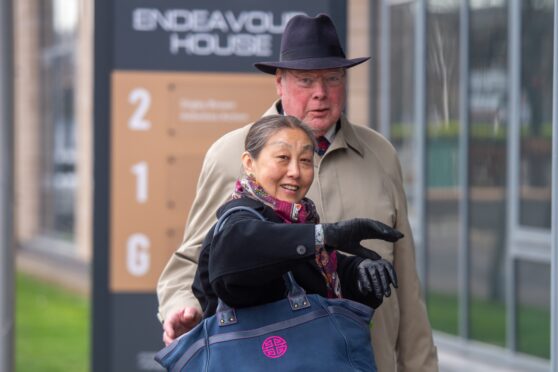
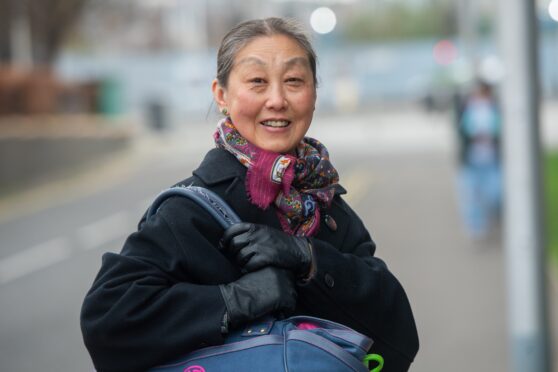


Conversation